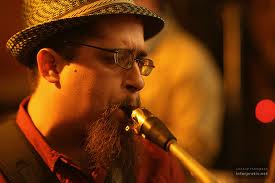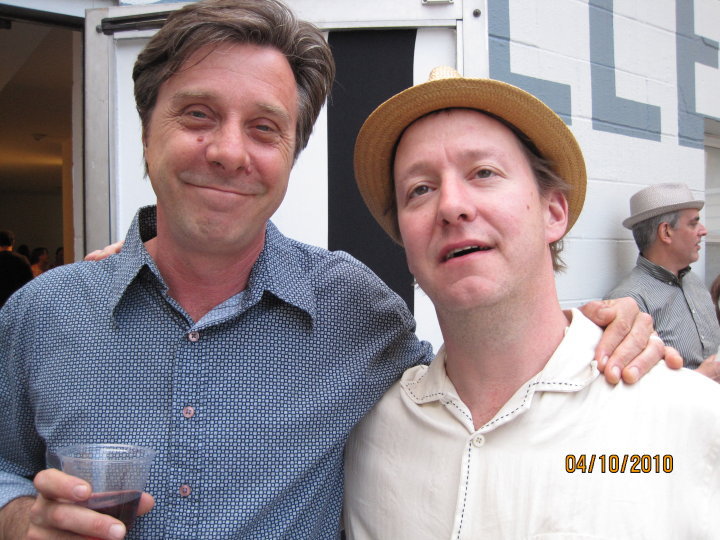Mark Bingham talks in depth about some key times in his life in music. A lot came to light in this interview and, although we have been friends for years, I learned a lot of pieces of information that made sense of some parts of his life and work that I didn't realize.
Mark's contribution to New Orleans's music scene starts back in 1982. Most of this interview deals with stuff earlier than that. Even though it's a long interview and has a lot of information, a lot was left out due to time limitation. Mark is a real good anecdote dropper- very useful in this format and we may get into a 2nd interview to tackle more impressions of the diversity of artists he has worked with.
Part 1 deals with early recording experiments in high school, discovery by the music business, electronic music, early approach to song writing, Los Angeles, university life in Indiana, and association with composer, Iannis Xenakis.
Part 2 continues on to describe being an A&R man at Elektra records, The Doors, Bruce Botnick, The Holy Modal Rounders, Peter Stampfel, Bulgarian music, the marketing of authenticity, initial perceptions of the New Orleans music scene, the move to New York after LA.
Part 3- The New York scene in the early 70's, more in depth about Peter Stampfel, the creative impact of speed, commissions for dance companies, funding, drum machines, "crazy art bullshit", getting sick of NYC.
Part 4- The actual "secret" training to be a producer in LA, "technical" recording versus responding to the situation at hand, what makes a good studio, New Orleans musical myopia, encountering racial division in New Orleans music, Allison Miner, working for Rounder records, reinforcement of bogus New Orleans mythologies, brass bands and the growth of the players in them, why people are interested in Piety St studios, producing now, current ideas, difference between recordings of the past and present, what stands out.
Recorded May 24, 2011 in the dining area at Piety St. Studios.














